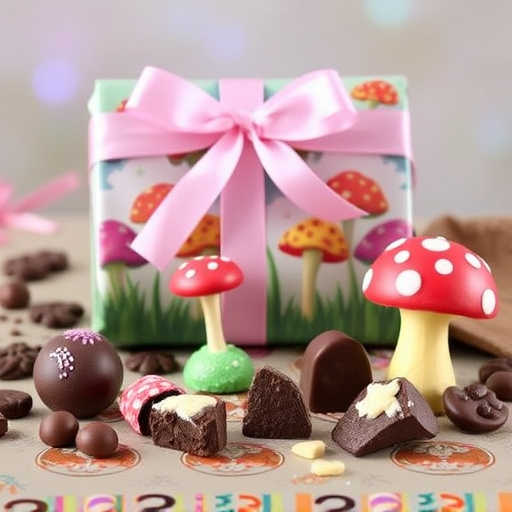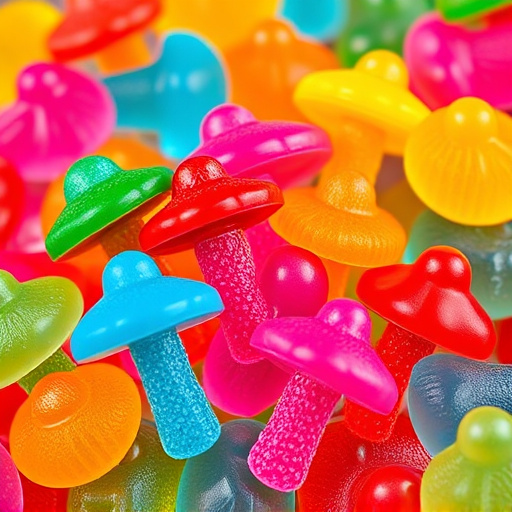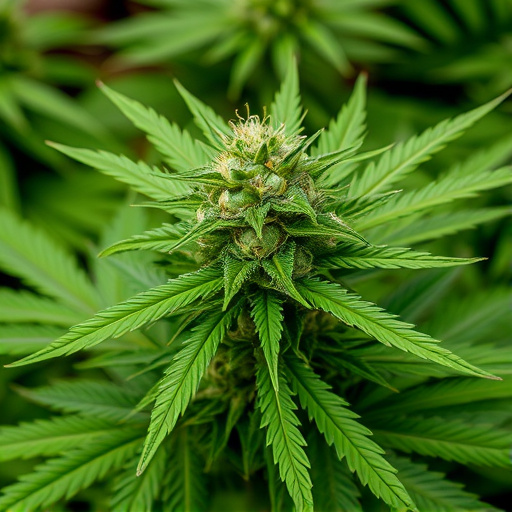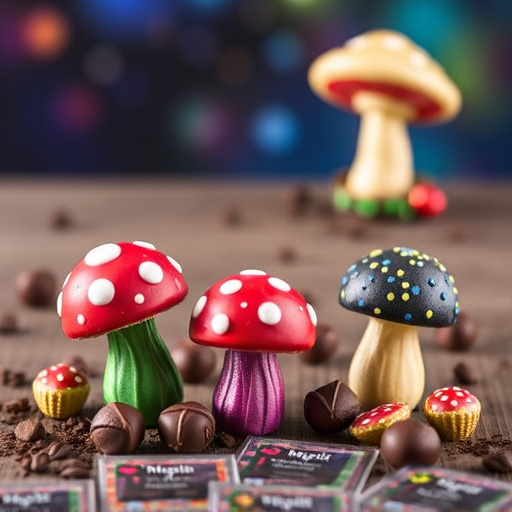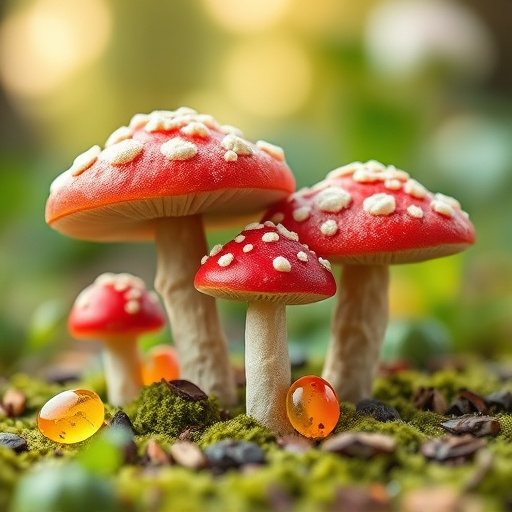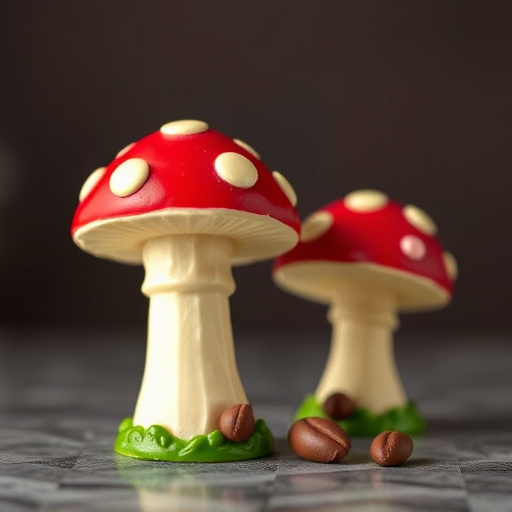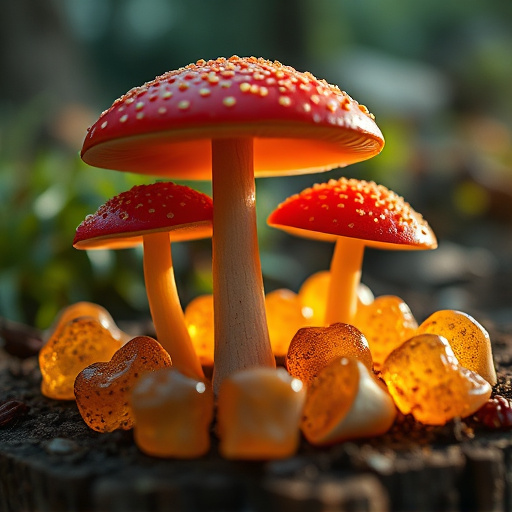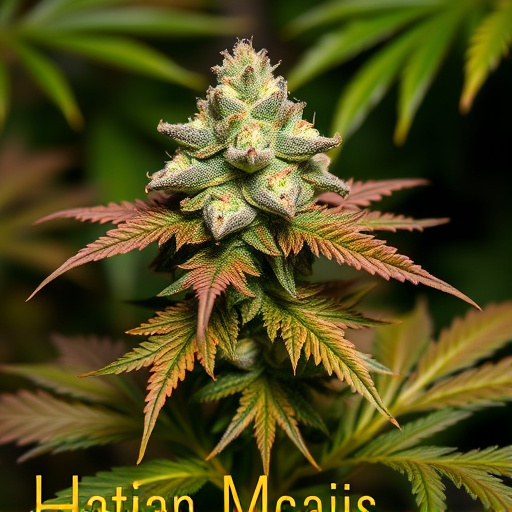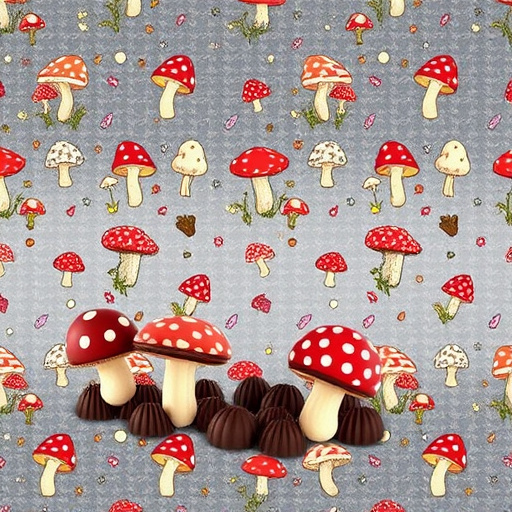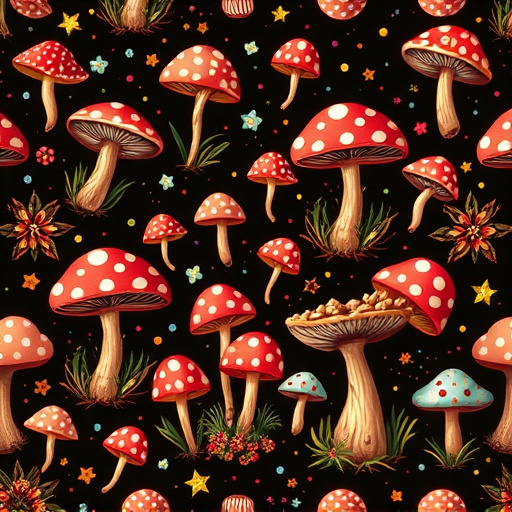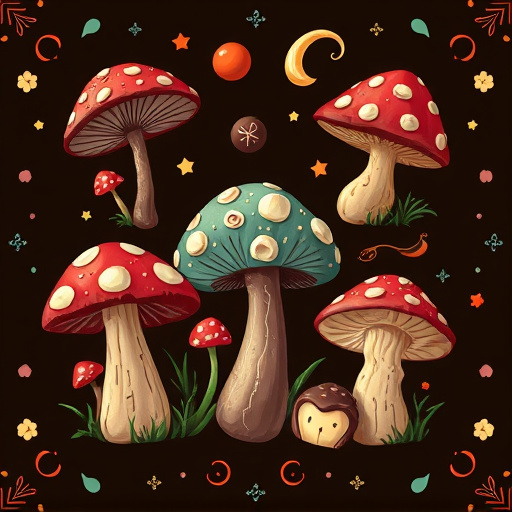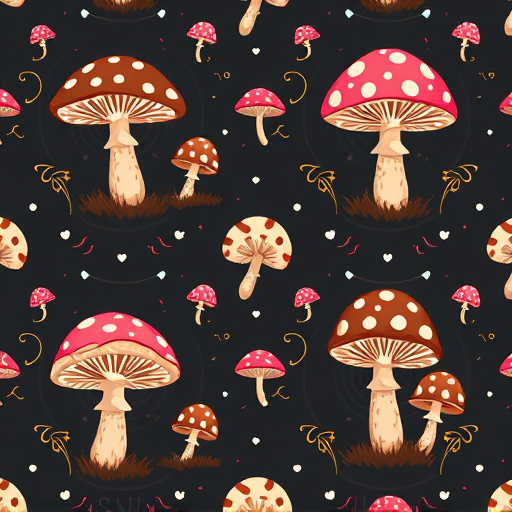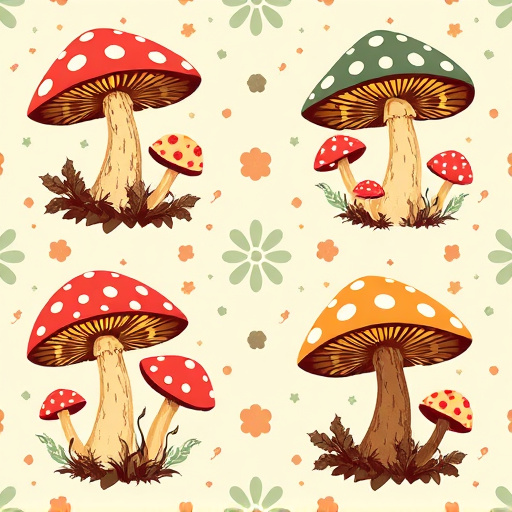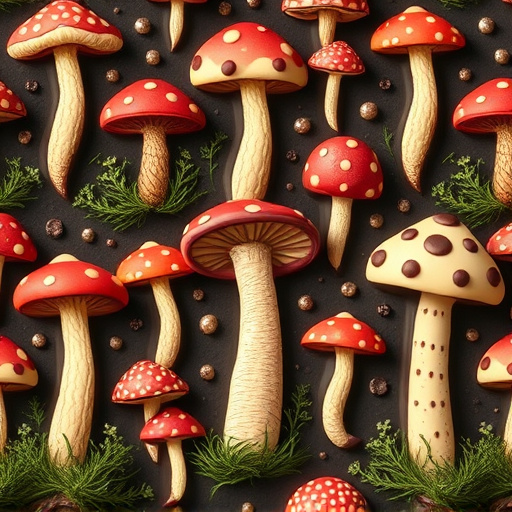Magic mushroom chocolates, infused with psilocybin, leverage brain plasticity by interacting with serotonin receptors, offering hope for treating depression, anxiety, and PTSD. This modern therapy combines ancient mushroom wisdom with science, potentially reshaping neural networks for improved mental well-being through accessible and palatable edibles.
Discover the captivating world of Magic Mushroom Chocolates—a delightful fusion of ancient botanicals and modern culinary art. This article explores the brain plasticity potential of psilocybin, the active compound in magic mushrooms, and its interaction with chocolate. We delve into the various types of formulations and edible forms available, highlighting differences based on mushroom strain, dosage, and chocolate type. Additionally, we navigate dosage and safety precautions, emphasizing responsible consumption to ensure a positive experience.
- The Science Behind Magic Mushroom Chocolates and Brain Plasticity
- – Explaining brain plasticity and its role in learning and memory
- – How psilocybin (found in magic mushrooms) interacts with the brain to enhance plasticity
The Science Behind Magic Mushroom Chocolates and Brain Plasticity
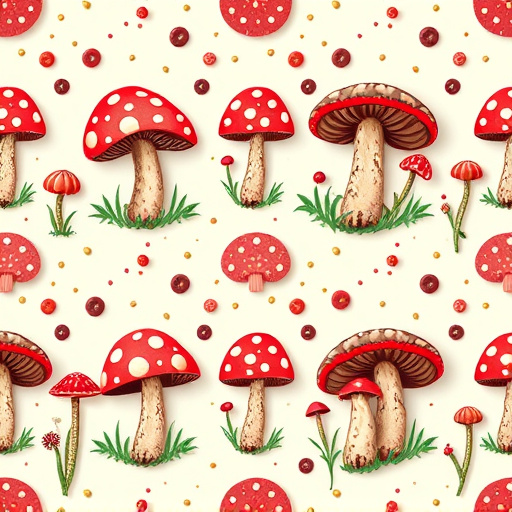
Magic mushroom chocolates, also known as psilocybin-infused edibles, have gained significant attention for their potential therapeutic effects, particularly in the realm of mental health treatment. The science behind this unique combination delves into the understanding of brain plasticity—the brain’s remarkable ability to adapt and reorganize itself. Psilocybin, the active compound found in magic mushrooms, is known to interact with specific serotonin receptors in the brain, triggering a cascade of neurochemical changes. This interaction can enhance neural connectivity and promote brain plasticity, allowing for potential improvements in mood, cognitive function, and even creativity.
Research suggests that the controlled administration of psilocybin under supervised settings can lead to profound and lasting positive effects on mental health conditions such as depression, anxiety, and post-traumatic stress disorder (PTSD). The ability of magic mushroom chocolates to deliver psilocybin in a more accessible and palatable form opens up new possibilities for exploration in psychedelic-assisted therapy. By combining the ancient wisdom of mushrooms with modern scientific understanding, these chocolates offer an innovative approach to harnessing brain plasticity for overall well-being.
– Explaining brain plasticity and its role in learning and memory
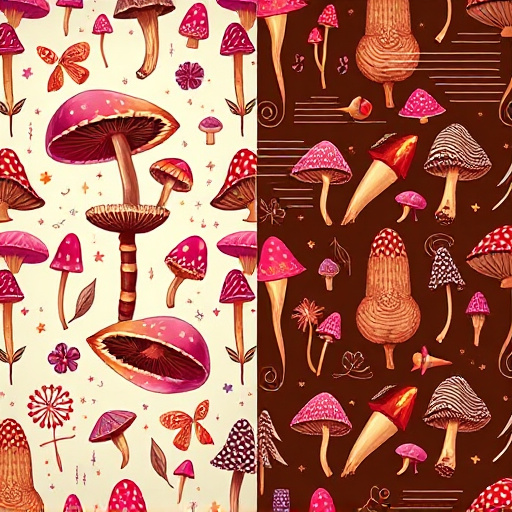
The human brain is a remarkable organ, capable of constant adaptation and remodeling thanks to its remarkable property known as brain plasticity. This concept refers to the brain’s ability to change and reorganize itself throughout life, forming new neural connections in response to experiences, learning, and memories. When it comes to understanding the effects of Magic Mushroom Chocolates, exploring brain plasticity is key. These chocolates, infused with psilocybin—a compound found in certain mushrooms—have been shown to interact with specific receptors in the brain, triggering a cascade of events that promote neuroplasticity.
During consumption, psilocybin converts to psilocin, which binds to serotonin receptors, notably 5-HT2A receptors, enhancing sensory perception and cognitive functions. This interaction can lead to altered states of consciousness and heightened emotional experiences. More importantly, research suggests that these changes might facilitate the formation of new neural pathways, strengthening learning and memory processes. By influencing brain plasticity, Magic Mushroom Chocolates could potentially offer therapeutic benefits for various mental health conditions where traditional treatments have shown limited success, such as depression, anxiety, and PTSD.
– How psilocybin (found in magic mushrooms) interacts with the brain to enhance plasticity
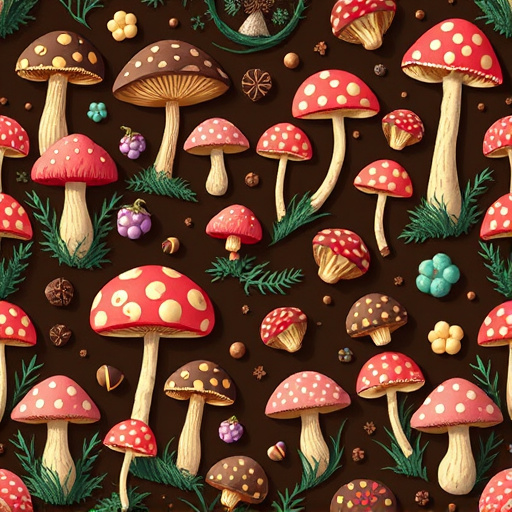
Psilocybin, the active compound found in magic mushrooms, interacts with the brain in fascinating ways, leading to enhanced brain plasticity. When consumed, psilocybin is metabolized into psilocin, a substance that binds to serotonin receptors, primarily 5-HT2A receptors, in various areas of the brain. This binding triggers a cascade of neurochemical events, increasing neural firing and altering perception. One of the key outcomes is the reconfiguration of neural networks, promoting greater connectivity and flexibility—a process known as neuroplasticity.
Brain plasticity refers to the brain’s ability to adapt and reorganize itself by forming new neural connections. Psilocybin facilitates this by deregulating neuronal activity, allowing for novel synaptic connections and strengthening existing ones. This effect can lead to profound changes in thought patterns, heightened creativity, and improved emotional processing. Research suggests that this enhanced plasticity may underlie the potential therapeutic benefits of magic mushroom chocolates, offering a natural way to support mental health and well-being.
Magic mushroom chocolates represent a fascinating intersection of culinary delight and scientific exploration. By harnessing the power of psilocybin, these treats offer potential cognitive benefits, particularly in enhancing brain plasticity. This natural compound facilitates neural connections and can improve learning and memory retention. As research continues to uncover the therapeutic applications of magic mushrooms, chocolate enthusiasts may find themselves at the forefront of a revolution in mental wellness, all while indulging in a delectable treat.
